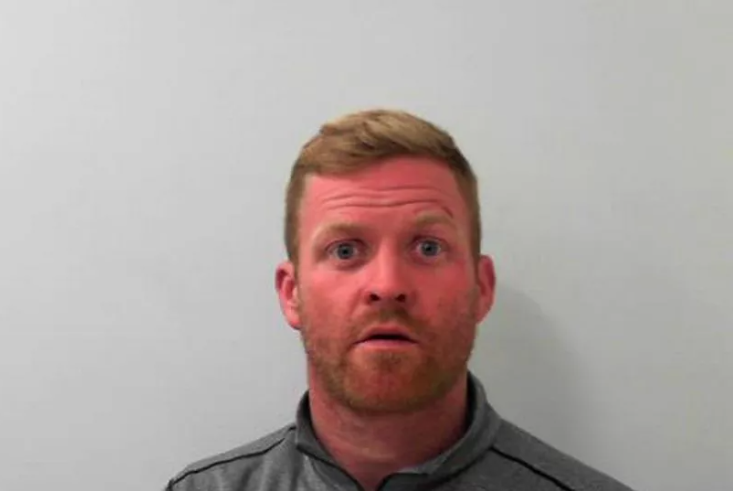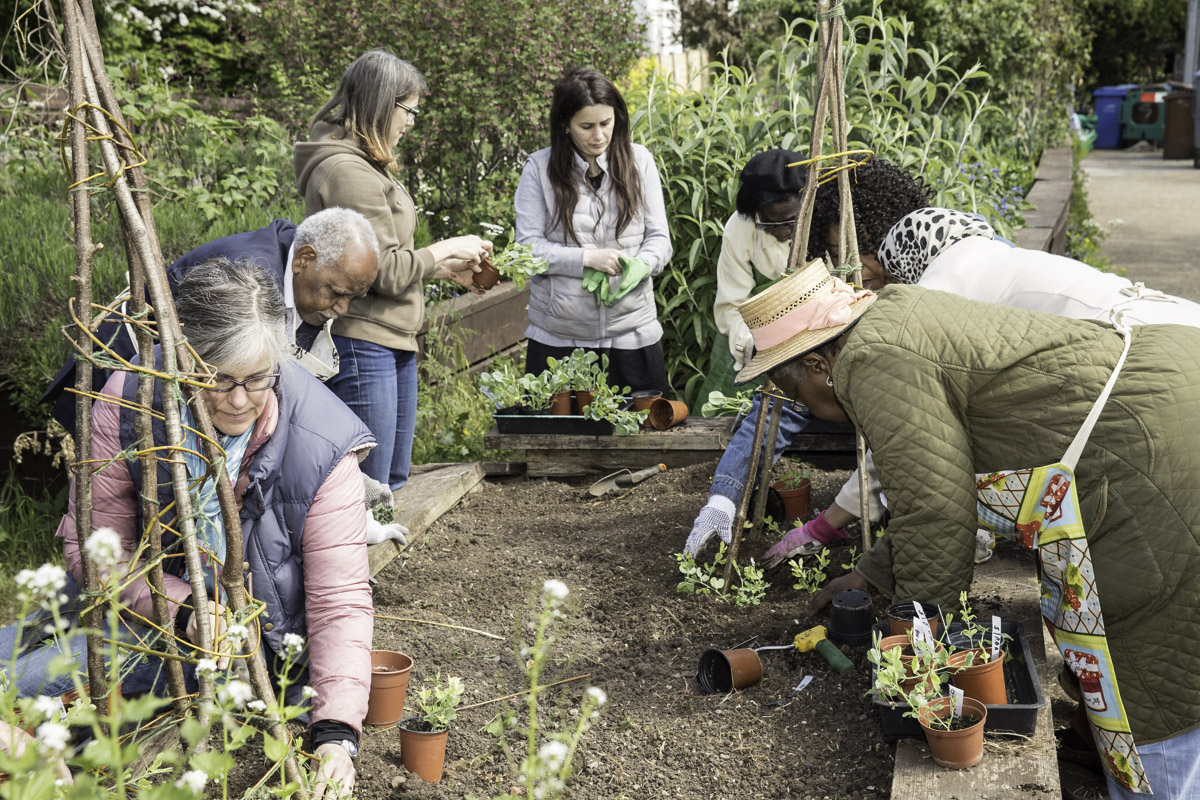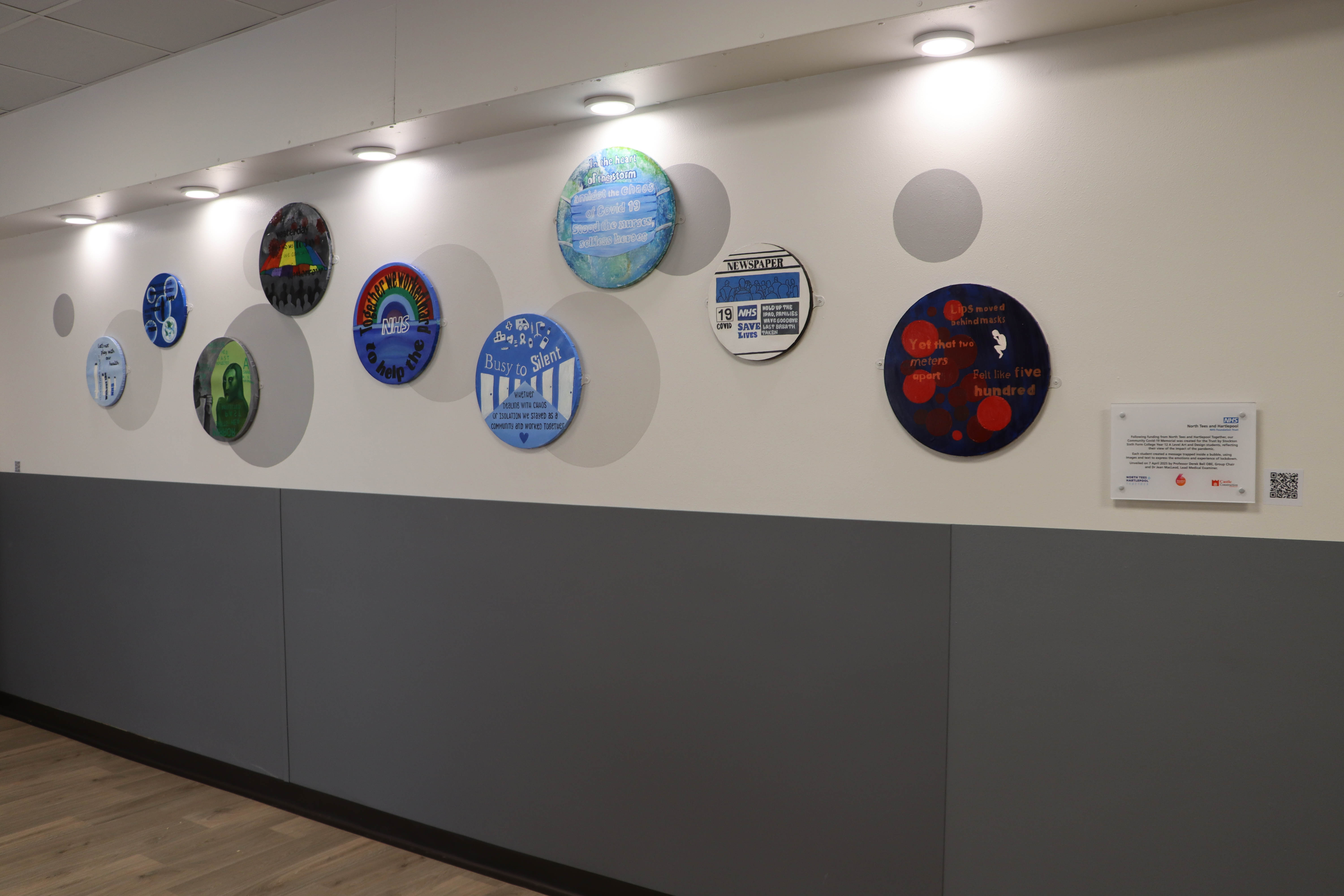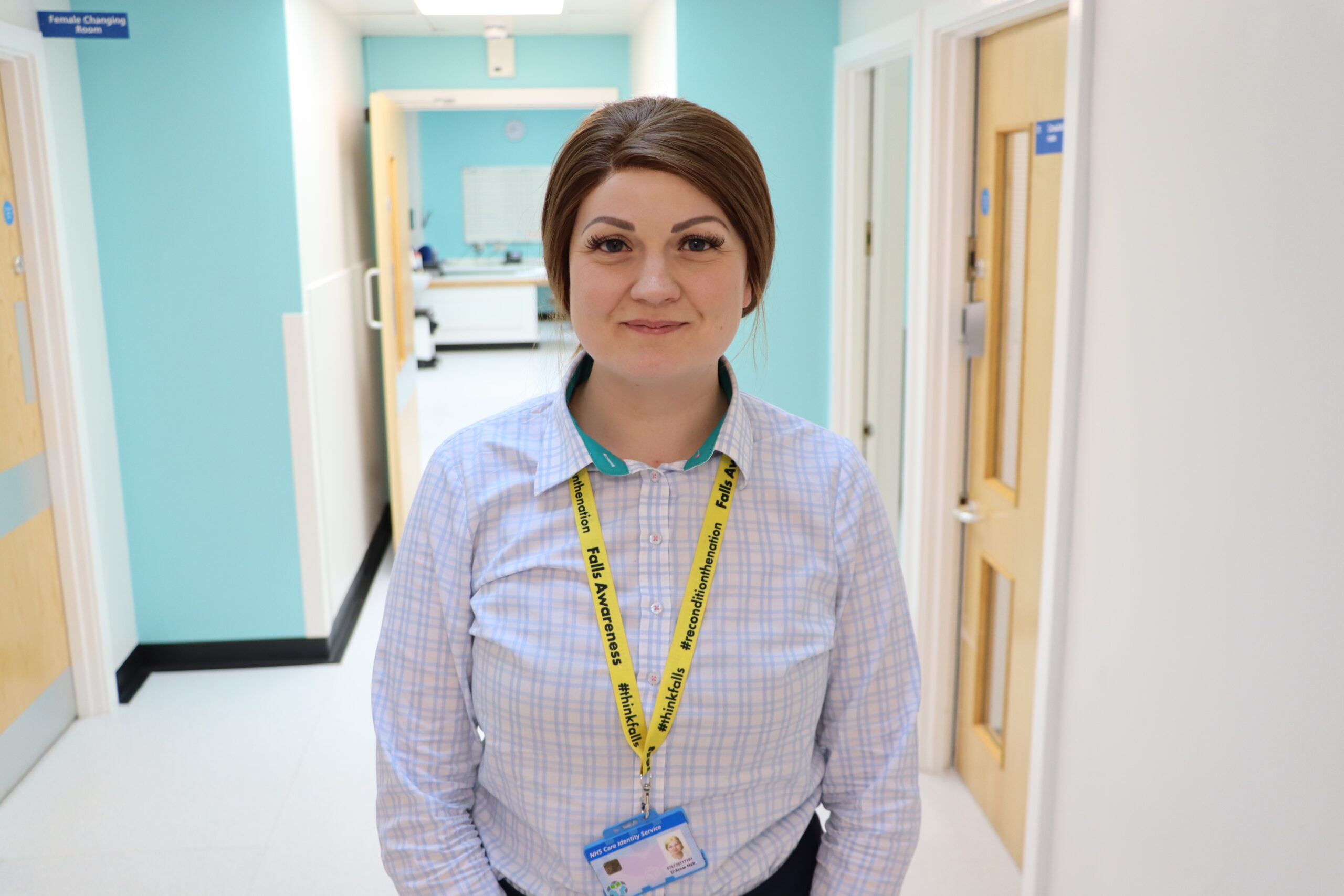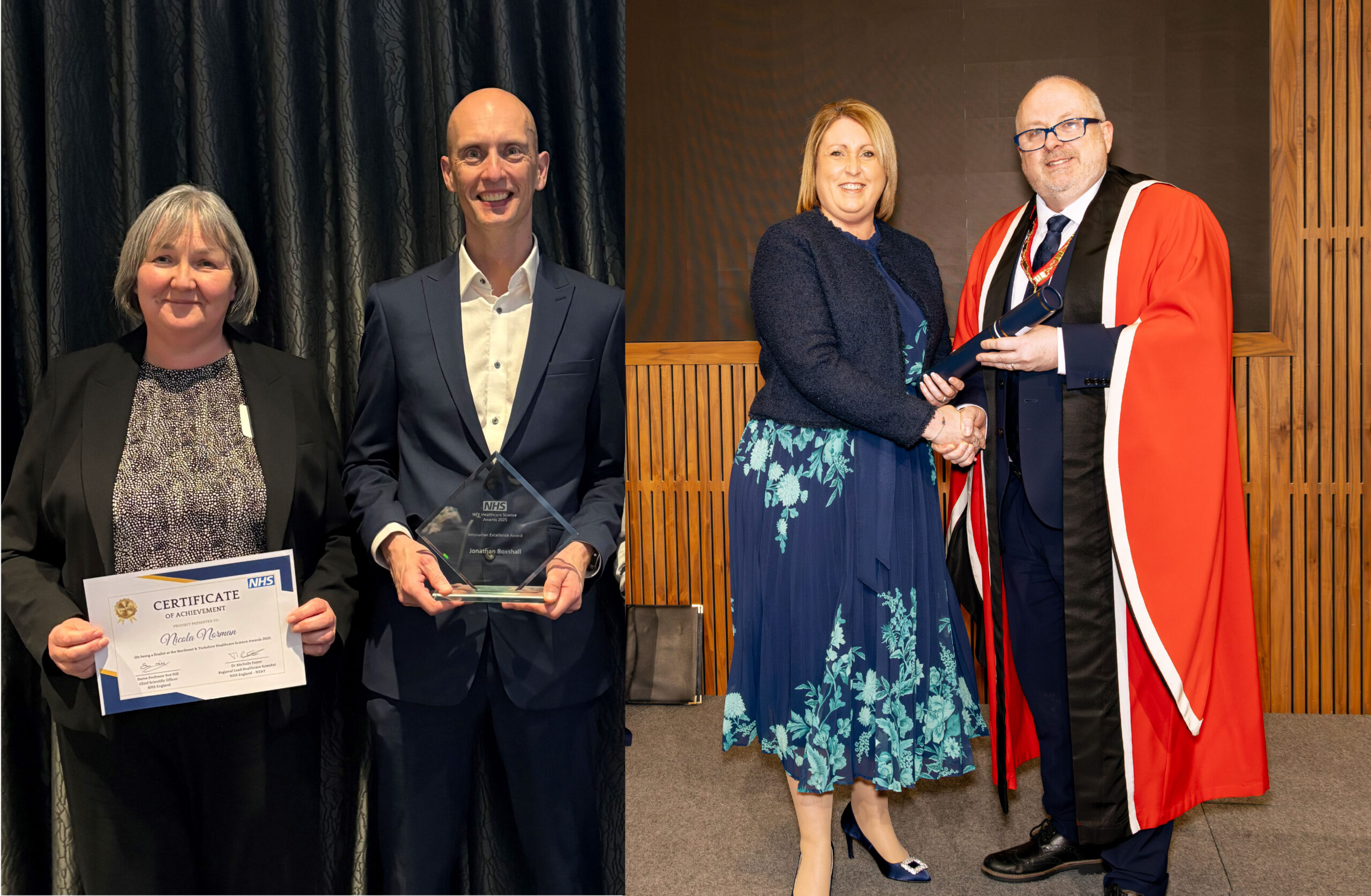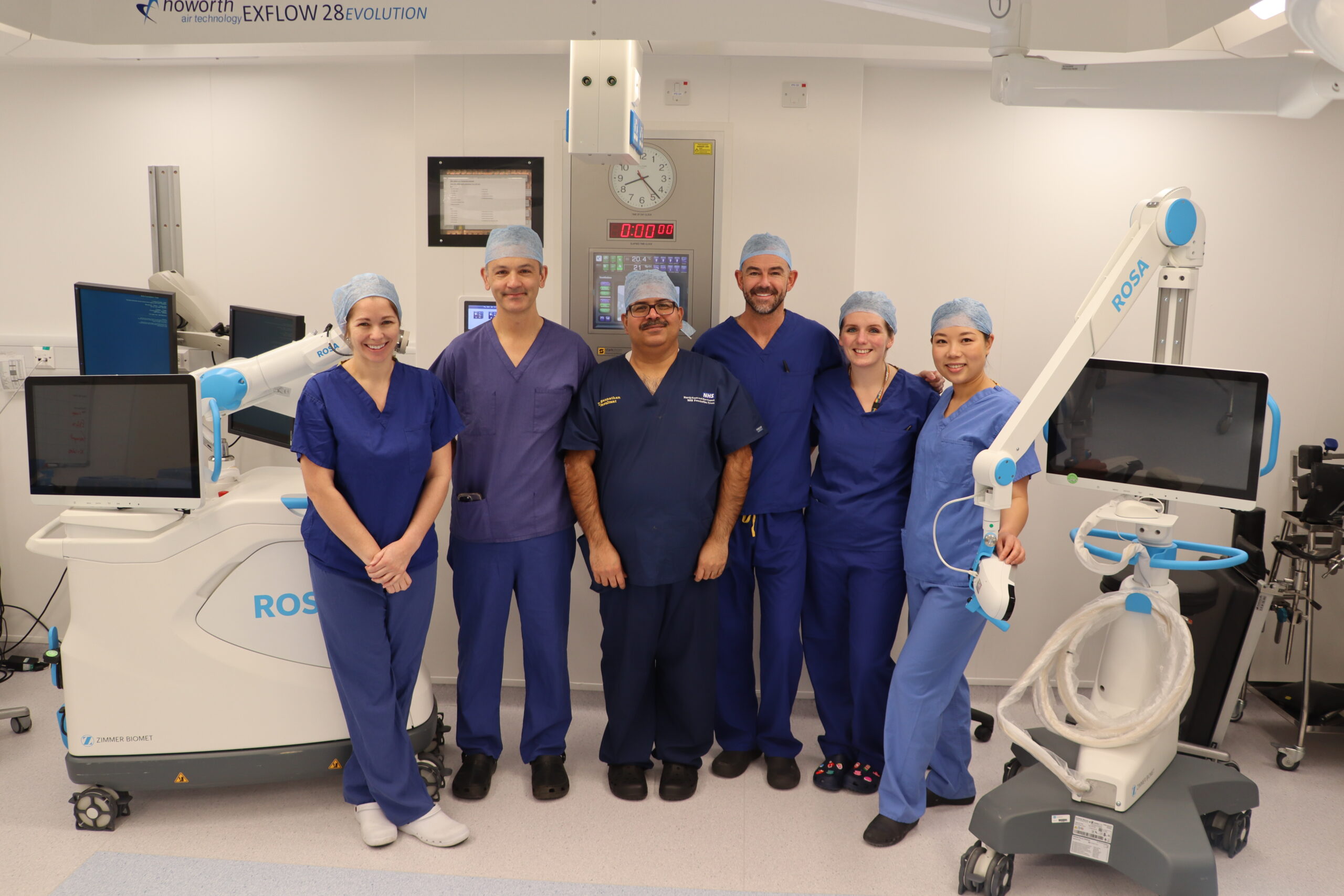|
Getting your Trinity Audio player ready... |
Pope Francis, the 266th pontiff of the Roman Catholic Church and one of the most transformative figures in modern Catholicism, passed away on Easter Monday, April 21, at the age of 88. The Vatican confirmed that he died at his residence in Casa Santa Marta at 7:35 a.m. local time, following a prolonged battle with health complications.
Born Jorge Mario Bergoglio in Buenos Aires, Argentina, Pope Francis made history when he was elected in March 2013 , becoming the first pope from the Americas, the first Jesuit pope, and the first non-European pontiff in more than 1,200 years. His papacy followed the historic resignation of Pope Benedict XVI.
Widely admired for his humility, progressive stance on social issues, and commitment to the poor and marginalized, Francis served as spiritual leader to over 1.3 billion Catholics worldwide. His simple lifestyle and sharp focus on mercy, inclusion, and reform distinguished him from his predecessors and often sparked both praise and debate within and outside the Church.
In recent months, Francis faced serious health challenges. He had been hospitalized in February at the Agostino Gemelli Polyclinic Hospital in Rome for treatment of double pneumonia. Though he showed signs of recovery and was released after a 38-day stay, his condition deteriorated again in early April.
Despite his illness, Francis remained active in his duties. Just a day before his passing, he met with U.S. Vice President J.D. Vance and delivered his annual Easter address through Cardinal Angelo Comastri at a Mass in Saint Peter’s Square.
Cardinal Kevin Farrell released a statement mourning the pope’s death:
“His entire life was dedicated to the service of the Lord and His Church. He taught us to live the values of the Gospel with courage and compassion, especially toward the most vulnerable. We commend his soul to God’s eternal love with immense gratitude.”
Pope Francis’ early life was marked by humble beginnings. The son of Italian immigrants, he worked as a janitor and nightclub bouncer before pursuing the priesthood. Ordained in 1969, he rose through the ranks of the Church, eventually becoming Archbishop of Buenos Aires and later a cardinal in 2001, appointed by Pope John Paul II.
His papacy was marked by a deep focus on social justice, environmental stewardship, interfaith dialogue, and the decentralization of Church authority. He consistently spoke out on issues such as climate change, inequality, migration, and LGBTQ rights, famously stating, “Who am I to judge?” in reference to gay Catholics.
Francis also modernized Church leadership by choosing to reside in the modest Casa Santa Marta instead of the Apostolic Palace and encouraged bishops to live closer to their congregations. His biographer, Austen Ivereigh, described him as a “humble reformer” with a relentless work ethic and a deep devotion to prayer, beginning each day at 4 a.m.
He celebrated the 12th anniversary of his papacy this past March from his hospital bed, where staff marked the occasion with a cake. In one of his last recorded messages, Francis thanked supporters for their prayers and invoked God’s blessings upon them.
As the world mourns the loss of a leader who redefined the modern papacy, preparations for his funeral and the subsequent conclave to elect a successor are underway. Tributes have poured in from global leaders, faith communities, and millions of Catholics moved by his life and legacy.
Pope Francis is remembered not only for his spiritual leadership but also for his enduring message: “My people are poor, and I am one of them.”
Our Top Stories This Week
About The Reporter
General Manager

















